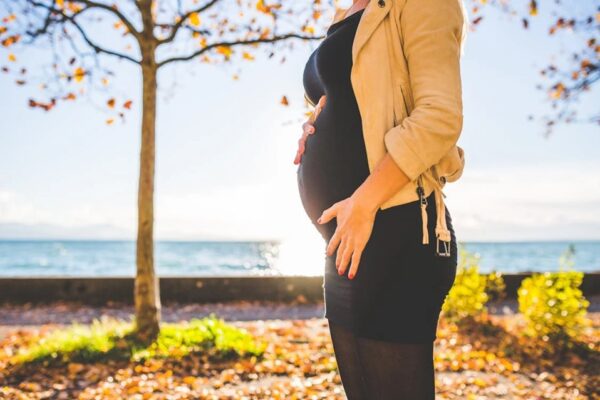Countries across Europe have seen a spike in cases of pertussis (also known as whooping cough) in the first months of 2024. From 2023 to April 2024, there have been nearly 60,000. This represents a ten-fold increase compared to 2022 and 2021, according to data from the European Centre for Disease Prevention & Control (ECDC).
Infants under six months, unimmunised or partially immunised, face the highest risk of severe outcomes, with the majority of pertussis-related hospitalisation and deaths occurring in this vulnerable age group.
Belgium, Croatia, Denmark, Spain, Sweden and Norway have reported increases since last year, with particularly high cases seen in the Netherlands and the Czech Republic. Czech authorities reported the highest number of cases since the 1960s.
Pertussis facts
- Pertussis is caused by a bacterium called Bordetella pertussis. It is highly contagious and spread by contact with people in the coughing phase of the disease
- Pertussis symptoms include coughing spasms that can last for months. Some patients suffer secondary respiratory infections such as pneumonia
- Pertussis can be life-threatening, particularly for infants
‘The rise in the number of cases of whooping cough across Europe shows the need to be vigilant,’ said Stella Kyriakides, EU Commissioner for Health and Food Safety. ‘It is a serious disease, particularly in infants. We have safe and effective vaccines that can prevent it. Vaccination is our key tool to help save lives and stop the disease from spreading further.’
The increased levels of pertussis can be linked to a number of factors, including expected epidemic peaks, individuals who are not vaccinated or who don’t have up-to-date vaccinations, waning immunity, and decreased natural boosting in the overall population during the COVID-19 pandemic.
As immunity fades over time, boosters are recommended, particularly for those in regular contact with vulnerable individuals. Indeed, while infants are most at risk of catching the bug, case numbers in older children and adolescents are high. These individuals usually recover well, but can inadvertently pass the bug to family members.
The pandemic had an indirect impact too: Due to social distancing, pertussis cases fell during the pandemic (as was the case with almost all vaccine-preventable diseases). And, with the bacteria that cause pertussis not in widespread circulation during that period, fewer people were exposed to the bug. This meant fewer people in the community developed natural protection against the disease.
Dr Andrea Ammon, ECDC Director, encouraged families to ensure children have completed their primary immunisation series and subsequent booster doses in line with national recommendations. In addition, the vaccine is strongly recommended for women who are pregnant, as protective antibodies can be passed on in utero, helping babies to fight infection in the months before they have been given their first vaccines.

‘As we tackle this pertussis epidemic, it’s essential to remember the lives at stake, especially our little ones,’ Dr Ammon said. ‘Vaccines against pertussis have proven to be safe and effective, and every action we take today shapes the health of tomorrow. We have a responsibility, as parents or as public health professionals, to protect the most vulnerable group from the deadly impact of this disease”.
Check EU vaccine schedules here
Meanwhile, the UK Health Security Authority (UKHSA) has reported almost 2,800 cases in England in the first three months of 2024. Five babies, all younger than three months of age, have died this year so far. These are the first deaths from pertussis since 2019.
‘Our thoughts and condolences are with those families who have so tragically lost their baby,’ said Dr Gayatri Amirthalingam of the UKHSA. ‘Vaccination remains the best defence against whooping cough and it is vital that pregnant women and young infants receive their vaccines at the right time.’
Prof Kamila Hawthorne, who chairs the Royal College of GPs in the UK, told the BBC it is ‘highly concerning’ that such a high number of whooping cough cases have been confirmed.
‘While whooping cough will be an unpleasant and uncomfortable experience for most patients, causing restless nights and leaving those affected with a shortness of breath, for some, it can be far more serious,’ she said.



